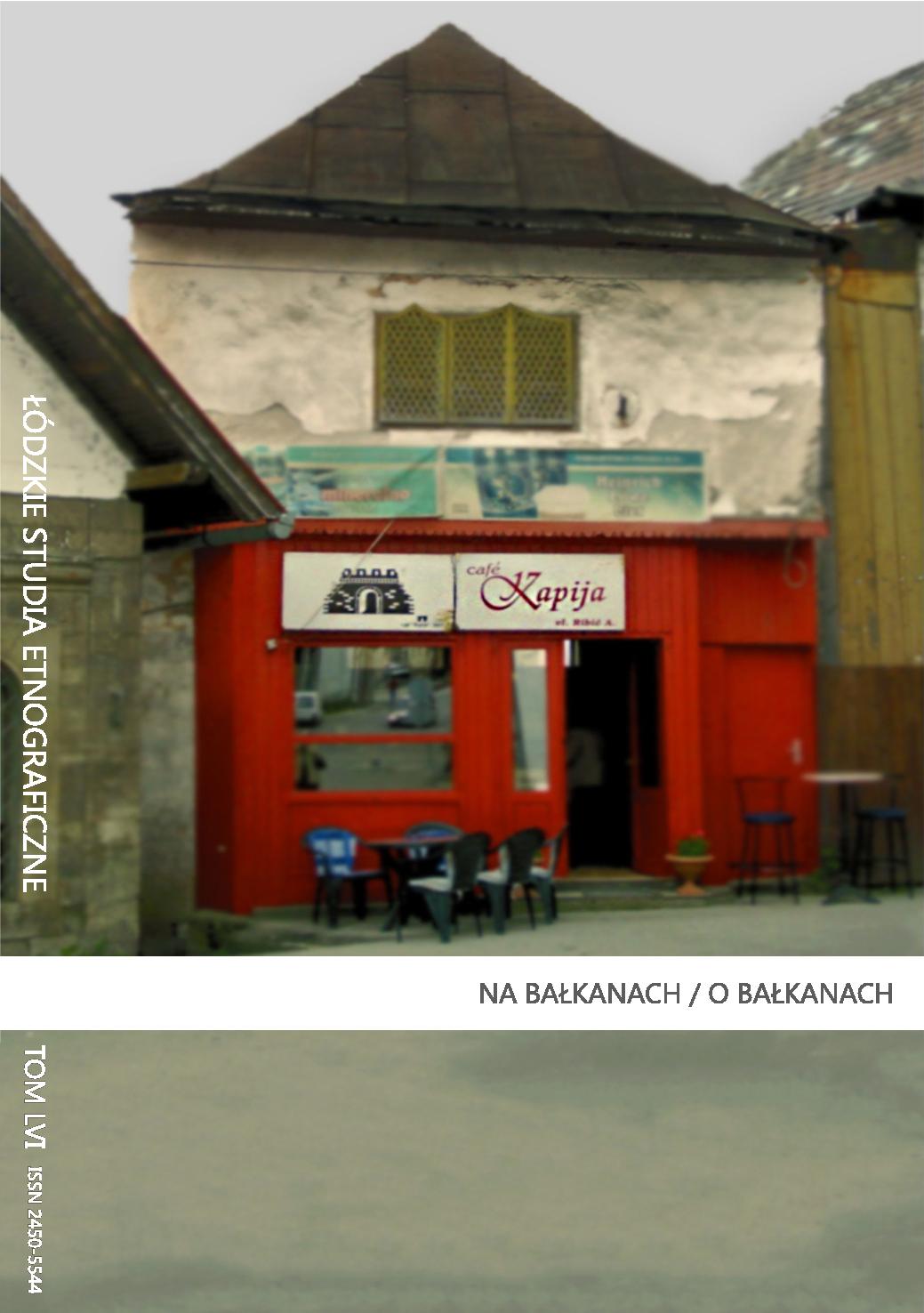Post-Yugoslav Readings of Ivo Andrić’s Orientalism: The Ambivalence of Ottoman Legacy in Bosnia-Herzegovina
DOI:
https://doi.org/10.12775/LSE.2017.56.03Keywords
Ivo Andrić, orientalism, Bosnia-Herzegovina, legacyAbstract
Conflicting understandings of the Ottoman and Bosnian past, which has been pragmatically reinterpreted through the nationalising gaze in the 1990s in the former Yugoslav space, tend to encompass different reinterpretations of the most prominent Bosnian (historical) figures. The Nobel Laureate Ivo Andrić stands out as one of the most politically (ab)used writers in Bosnian history. The dissolution of Yugoslavia deeply affected the reception of Andrić and his works. While both Serbs and, to a lesser extent, Croats claimed exclusive ownership of Andrić’s qualities, many Bosniaks made attempts to write him out of history, claiming that Andrić was a strong proponent of orientalism. The article traces a unique Andrić’s brand of orientalism, which is skilfully woven not only into Andrić’s literary works, but is also prominent in his only scientific work, a doctoral dissertation entitled The Development of Spiritual Life in Bosnia Under the Influence
of Turkish Rule. Hence, the article offers a short discursive analysis of Andrić’s dissertation, with special focus on his depiction of Ottoman influence on Bosnian social, cultural, and political life. An analysis indicates the early stages of Andrić’s thinking about the Ottoman legacy, developed in dialogue with the Habsburg or Austro-Hungarian orientalism and ideas of the new or still emerging Kingdom of Serbs, Croats, and Slovenians (Yugoslav state). Andrić’s reactions to his own dissertation suggest that, we cannot speak of an unchanging and coherent orientalist perspective, but rather of a highly ambivalent understanding of Islam and the Ottoman legacy. Current (mis)understandings of Andrić’s reading of Ottoman legacy among a circle of Bosniak intellectuals are also exposed, with the aim to explore the position of Andrić in the process of nation-building in post-war BH.
Downloads
Published
How to Cite
Issue
Section
License
- The authors give the publisher (Polish Ethnological Society) non-exclusive license to use the work in the following fields:
- recording of a Work / subject of a related copyright;
- reproduction (multiplication) Work / subject of a related copyright in print and digital technique (ebook, audiobook);
- marketing of units of reproduced Work / subject of a related copyright;
- introduction of Work / object of related copyright to computer memory;
- dissemination of the work in an electronic version in the formula of open access under the Creative Commons license (CC BY - ND 4.0).
- The authors give the publisher the license free of charge.
- The use of the work by publisher in the above mentioned aspects is not limited in time, quantitatively nor territorially.
Stats
Number of views and downloads: 453
Number of citations: 0



